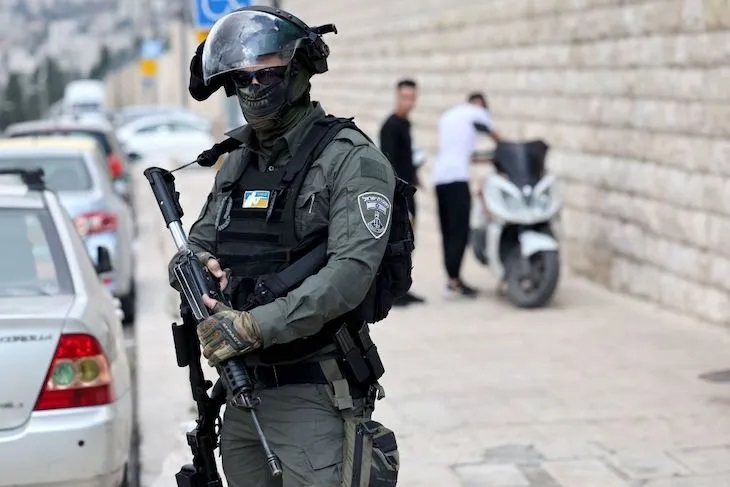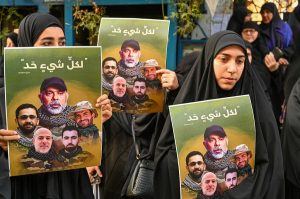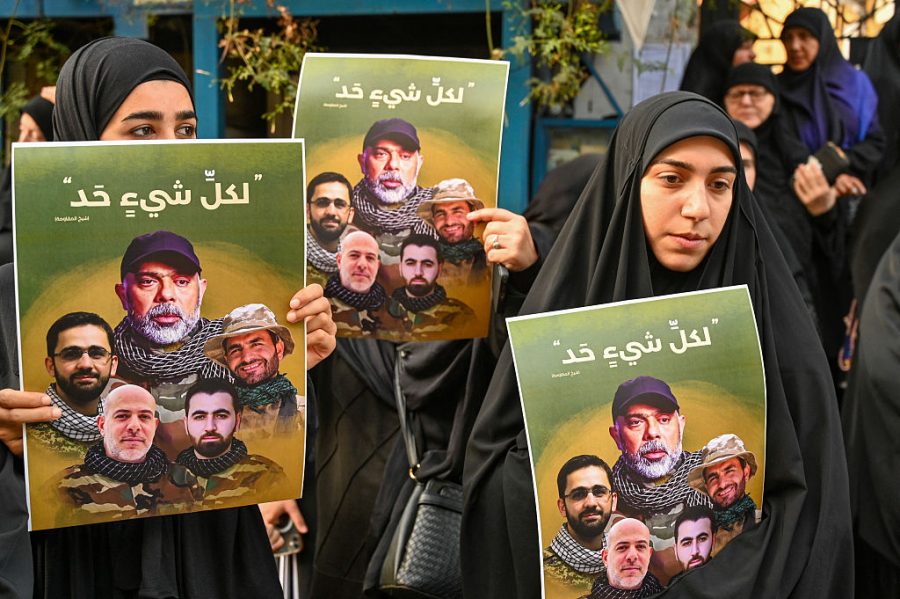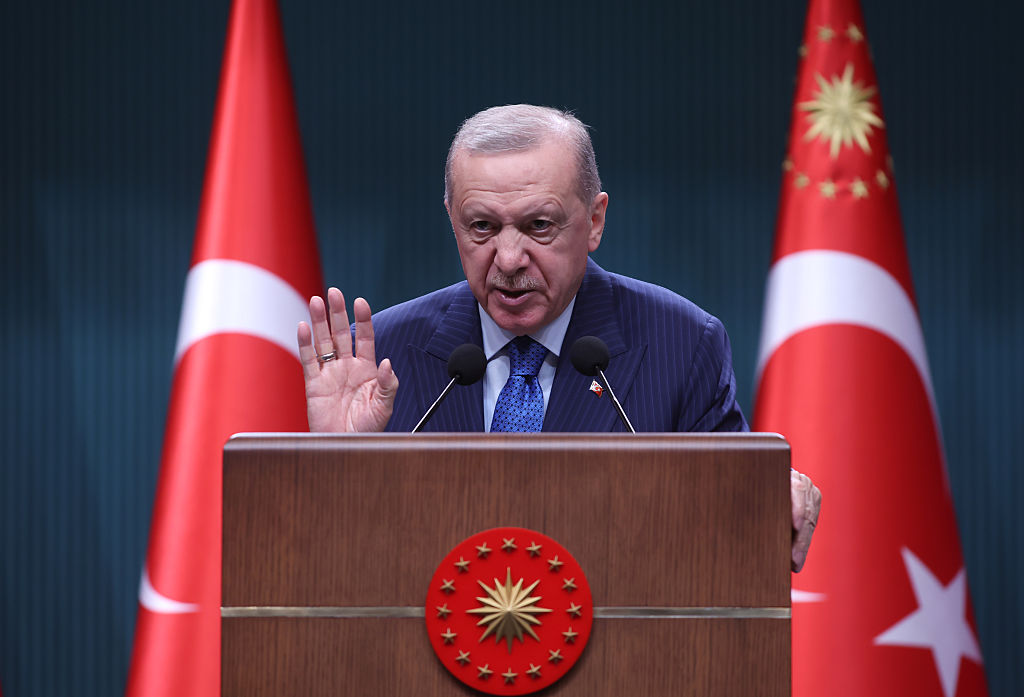A wave of violence is convulsing Israeli society. It’s not caused by Hamas, Hezbollah, Houthi, or Iranian attacks. Instead, it’s the daily violence meted out, not by terrorists or enemy governments, but by citizen against fellow citizen. Amidst the chaos of war, Israel is suffering a crime wave.
Murder is a crime that happens in every society, but there are alarming trends emerging in Israel. A recent study by the Taub Center for Social Policy Studies in Israel found that the murder rate amongst Arab-Israelis, who comprise around a fifth of the state’s population, is one of the largest in high-income countries, behind only Mexico and Columbia in the OECD.
Israel is suffering a crime wave
The gap between the murder rate in the Arab-Israeli community versus the Jewish community is vast. It has already reached 14:1 this year. In one single day in August this year alone, there were four separate incidents that left one dead, and eight injured; in September, a car exploded, killing four people, including three children. Around three quarters of such murders are the result of organized crime, a rampant problem in Arab-Israeli areas. According to the Israeli government’s own data, around 400,000 illegal weapons are in circulation in the country — many of them in Arab majority areas.
What can Israel do to reverse this horrifying trend? During 2022, the murder rate dropped, in part due to government initiatives. As part of a coalition deal in 2021 which saw the United Arab List Party (commonly known by its Hebrew acronym Ra’am) join a politically diverse coalition under prime minister Naftali Bennett, 2.5 million shekels ($770,000) was pledged to fight violence and organized crime in Israel’s Arab society; billions more was promised for economic and social development, including infrastructure projects in a number of crumbling Arab-majority towns and cities.
The coalition collapsed after just a year in office, but the policies enacted had already made a difference in Arab communities. As Bennett declared in August 2021: “This situation, this neglect, is intolerable and we will put an end to it.”
So, what has gone wrong? The answer is the attitude and actions of the current minister for the police, and the increasing politicization of the security forces.
The minister of national security, the firebrand Itamar Ben-Gvir, has repeatedly demonstrated contempt for Arabs — whether they be Palestinian or Israeli. Instead of dealing with the problems Arab-Israelis are facing, Ben-Gvir is playing politics. In September, in an effort to push Benjamin Netanyahu to take a more hardline approach to Hamas, Ben-Gvir boycotted a meeting with the prime minister convened to discuss crime across Arab-Israeli society.
One of the minister’s suggestions for how to curb crime rates has been to demand the attorney general grant the police the right to use administrative detention to detain suspects for lengthy periods of time without trial, something the AG has refused to allow. Critics say such measures would deny prisoners’ due process.
Instead, Ben-Gvir has turned to policing protests and political opponents. The appointment of Danny Levy as police commissioner in August sparked concern amongst many Israelis given the new commissioner’s history of using police violence to suppress political protest during his time as a regional commander.
Since then, police aggression has sparked anger across Israel. On September 6 a woman was arrested for allegedly throwing sand at Ben-Gvir on a Tel-Aviv beach. Police bound her hands and feet in a prison cell and refused to disclose the location of the station where she was being held to the woman’s family for several hours. Officers said they took “the offense of assaulting a public servant extremely seriously.”
A week later, three women were arrested after placing flyers calling for a hostage deal at a synagogue where a prominent Likud minister, Yuli Edelstein, prays. Two of the officers involved in the arrest are now being investigated.
In recent days, on the orders of the minister of national security, Israeli police also arrested and blindfolded a young Arab-Israeli teacher for “conduct disturbing the public order.” Her crime? Posting a video of her dancing in a school in Nazareth exactly a year before — on the October 7 2023, prior to the attack that day — using the popular “on this day” feature. Despite having little history of posting anything political on social media bar a few videos about her sorrow at the current war and the death of Israelis, including those murdered by Hamas at Kibbutz Be’eri, Ben-Gvir celebrated the arrest tweeting a photo of the young woman blindfolded on X claiming he had “zero tolerance for incitement and terrorism supporters.”
Countries at war tend to try and present the image that they are pulling together against common foes. In Israel, any facade of unity is impossible to maintain. Amidst the ravages of war and conflict, Arab-Israeli citizens feel abandoned by their own government. Local leaders say that many in the community avoid leaving their homes at night.
Meanwhile, instead of protecting citizens, the minister for policing seems intent on turning the force into his personal militia for political ends. Amidst a war that has already fractured society, the rise in murder rates and failure of the police to act on the issue does not bode well for the country.
This article was originally published on The Spectator’s UK website.

























